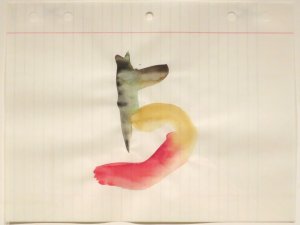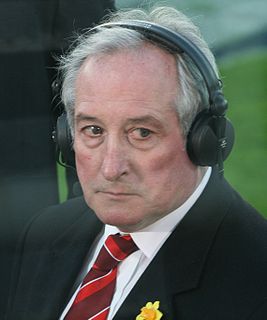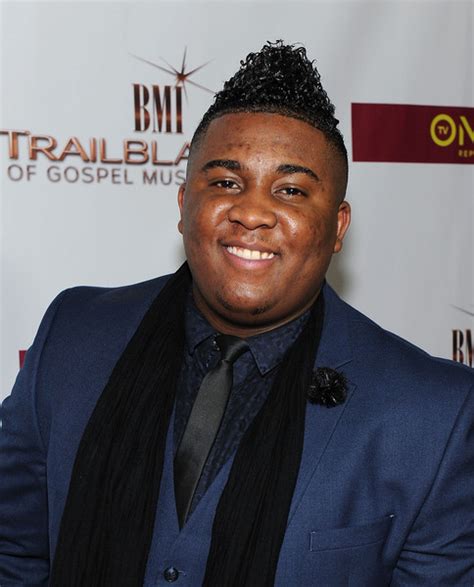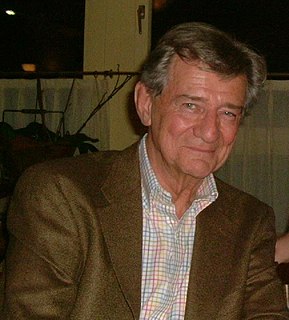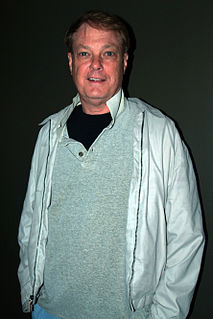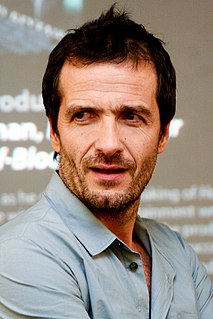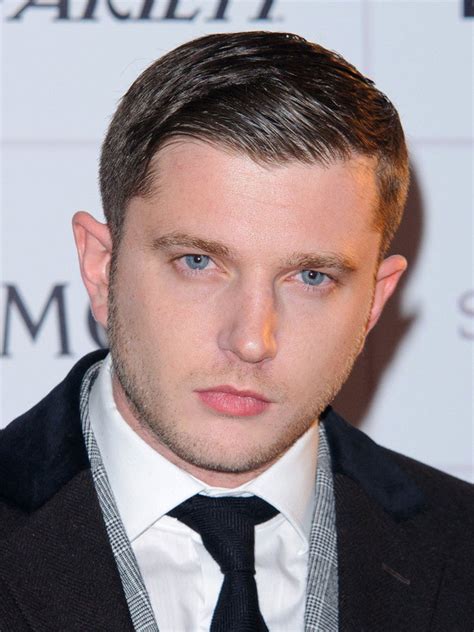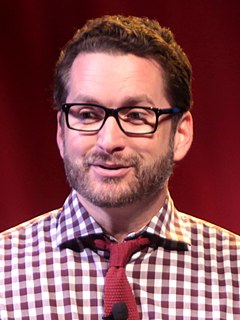A Quote by Neill Blomkamp
I think naturally I'm a very visual kind of person. If I wasn't in filmmaking, I'd be in something related to visuals. And I used to actually work as a visual-effects artist.
Related Quotes
If you're going to be a visual artist, then there has to be something in the work that accounts for the possibility of the invisible, the opposite of the visual experience. That's why it's not like a table or a car or something. I think that that might even be hard for people because most of our visual experiences are of tables. It has no business being anything else but a table. But a painting or a sculpture really exists somewhere between itself, what it is, and what it is not-you know, the very thing. And how the artist engineers or manages that is the question.
In high school and college, I'd set a bunch of goals for myself. I wanted to be the lead effects supervisor on one of these really big, innovative visual effects productions, something on the scale of a 'Star Wars' movie. And I wanted to work on a project that wins the Academy Award for best visual effects.
I don't necessarily think there's a difference in terms of how the film industry and the ad industry view visual effects. If visual effects (or the lack thereof) are used as a tool to strengthen an idea, they're great. If they are meant to carry more of a load in the absence of a concept, they're a waste and a distraction.
Usually in theater, the visual repeats the verbal. The visual dwindles into decoration. But I think with my eyes. For me, the visual is not an afterthought, not an illustration of the text. If it says the same thing as the words, why look? The visual must be so compelling that a deaf man would sit though the performance fascinated.
My favourite stuff is visual, and I always want to work with visual artwork. I think it depends on the person, but for me, photographs of an image of something interesting or inspiring is worth a lot more than words to me. I think every concept I've come up with and turned into films or that will be hopefully become a film comes from images first.
For me, the perfect film has no dialogue at all. It's purely a visual, emotional, visceral kind of experience. And I think one can create wonderful depth and meaning and communication without using words. I started out as an illustrator and a cartoonist and caricature artist, so for me the visual is primary.
I found very early on when I became a hip-hop artist that I loved telling stories. Actually, when I was trying to get a message across it was more powerful when I told a story, rather than if I used a metaphor or if I preached about an issue. And through doing that I realised that actually these stories were very visual in my head and I couldn't wait to make the videos.

